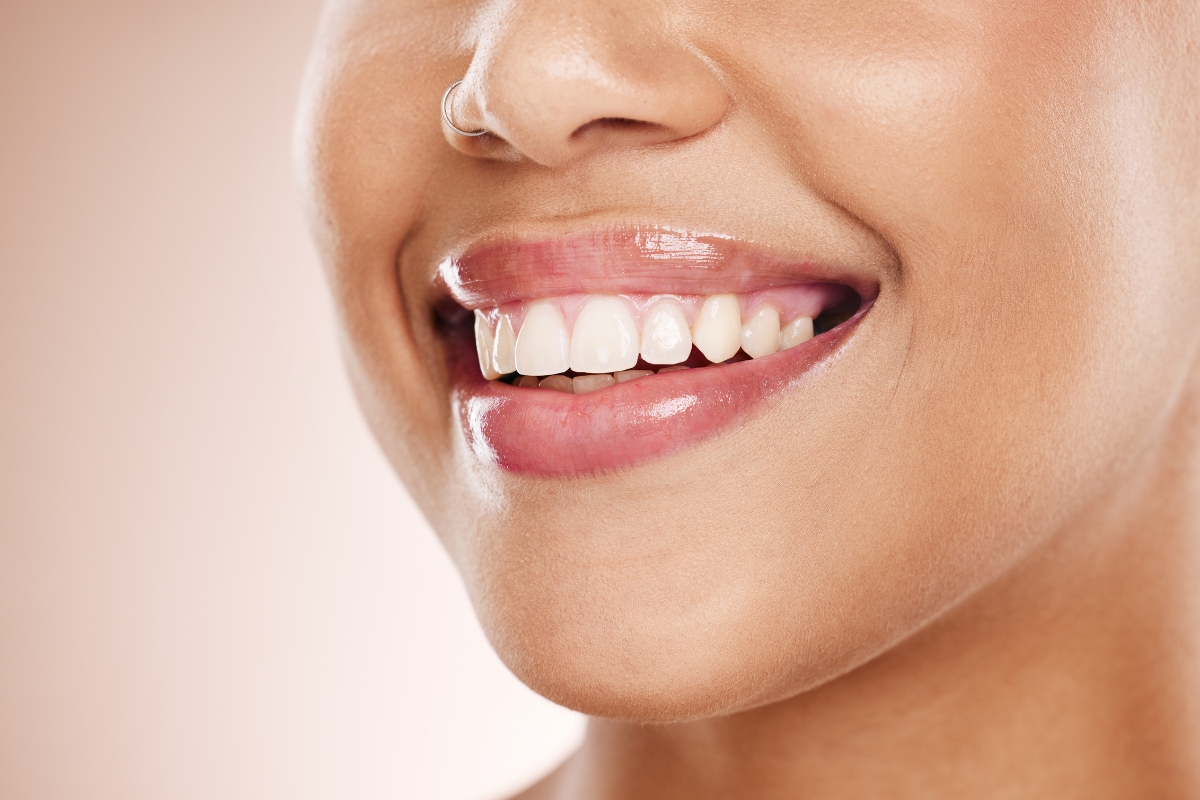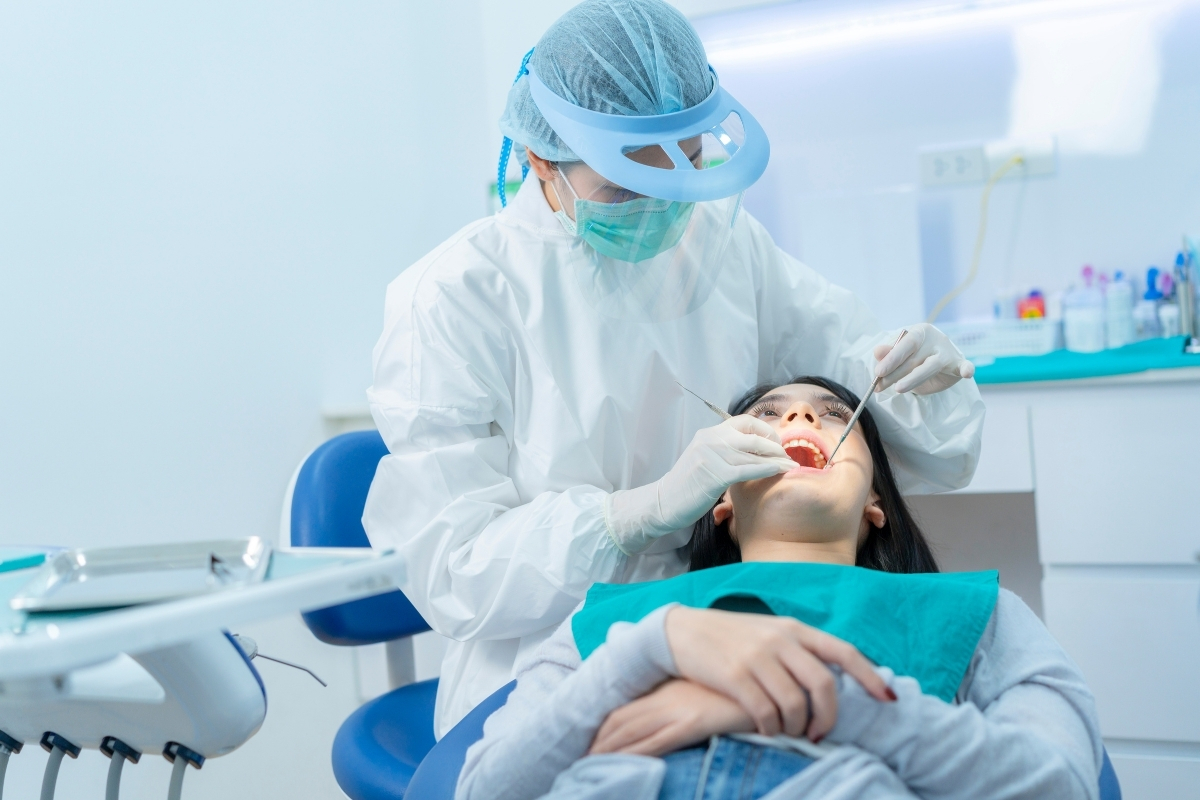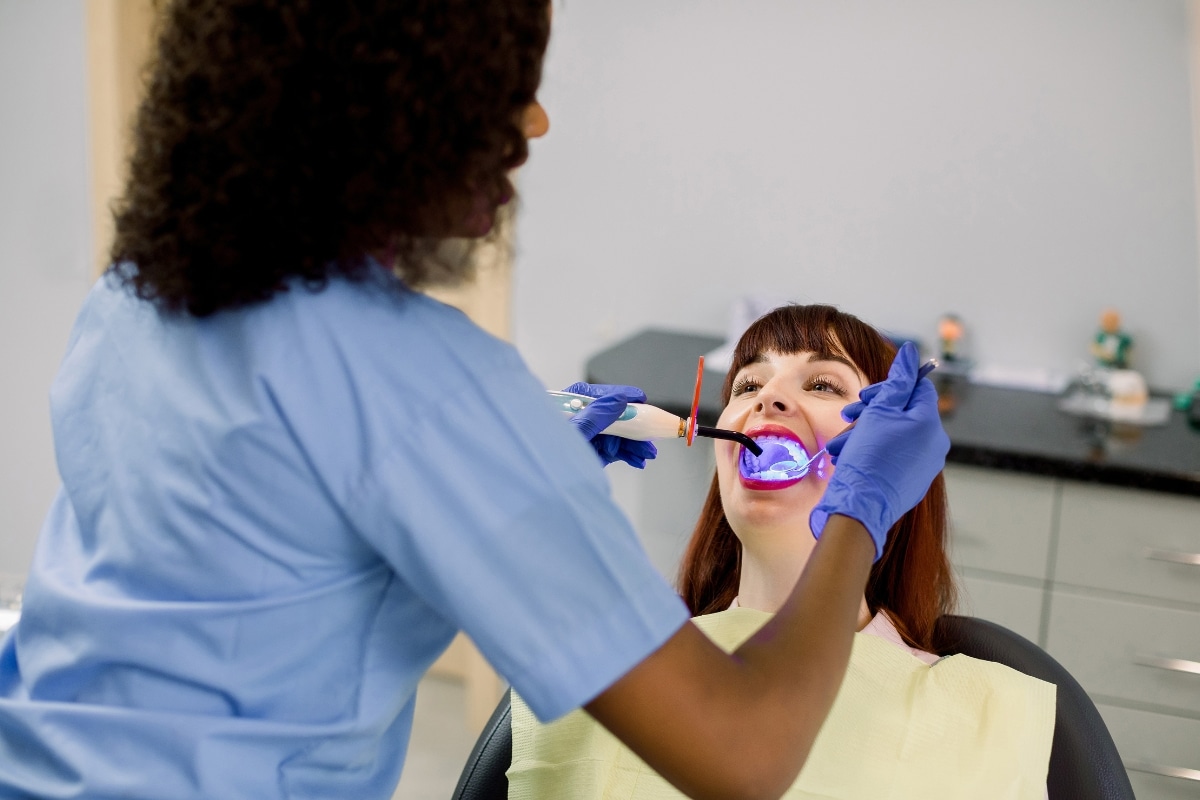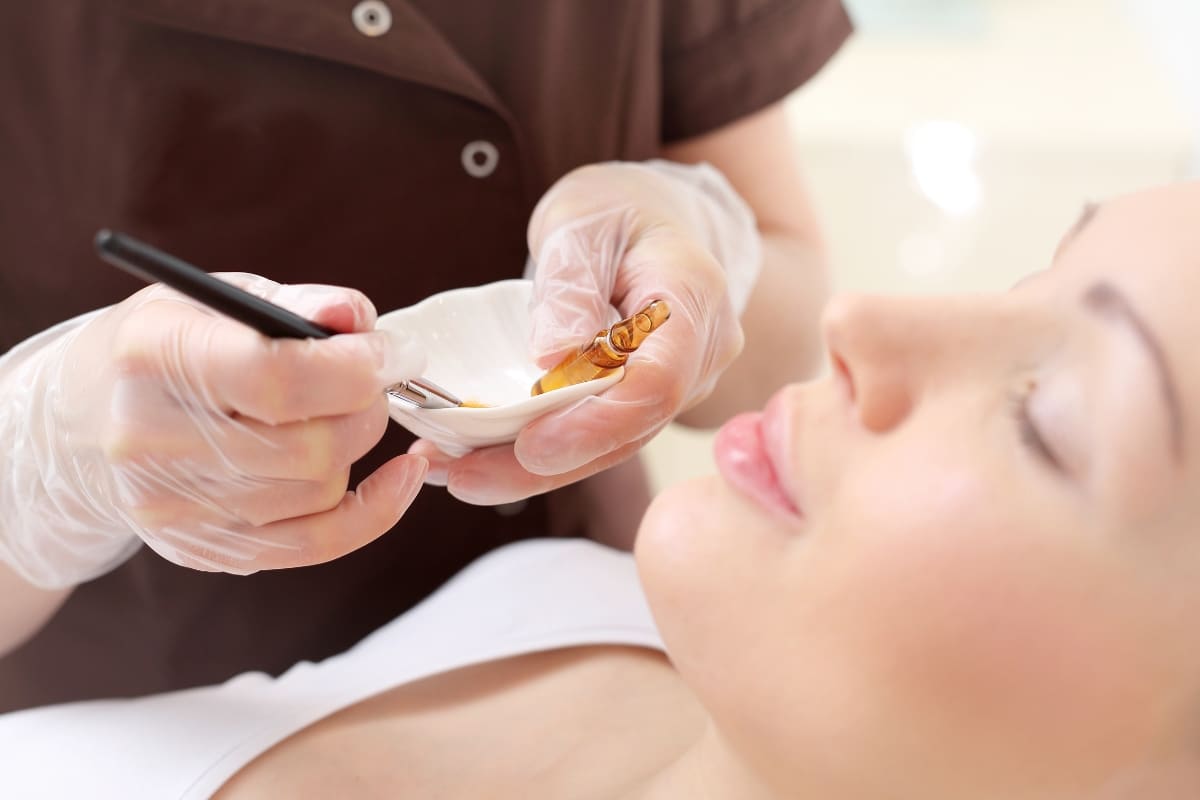How to treat swollen gums near the wisdom tooth

When your wisdom teeth start to emerge, they can cause a variety of issues, one of the most common being swollen gums. This problem can be quite painful and, if left untreated, may lead to further complications. Understanding how to treat swollen gums near your wisdom teeth is essential for maintaining good oral health.
Causes of Swollen Gums Around Wisdom Teeth
A combination of factors often causes swollen gums around wisdom teeth. The primary reason is the lack of space in your mouth for these new teeth. When wisdom teeth push through the gums, they can cause irritation and inflammation. This situation can lead to pericoronitis, an infection of the soft tissue surrounding the tooth. Poor oral hygiene, food particles trapped around the tooth, and even stress can exacerbate the problem.
Symptoms to Watch For
Recognizing the symptoms of swollen gums around wisdom teeth is crucial for timely treatment. Common symptoms include:
- Red, inflamed gums
- Pain and tenderness around the area
- Difficulty opening your mouth
- Bad breath or an unpleasant taste
- Swollen lymph nodes
If you experience any of these symptoms, it’s important to take action to prevent the condition from worsening.
Immediate Relief Methods
When dealing with swollen gums, there are several immediate relief methods you can try at home:
Rinse with Salt Water
Saltwater rinses are one of the simplest and most effective home remedies. Mix a teaspoon of salt in a glass of warm water and rinse your mouth for 30 seconds. This helps to reduce inflammation and kill bacteria.
Use an Ice Pack
Applying an ice pack to the outside of your cheek near the swollen area can reduce pain and swelling. Use the ice pack for 15-20 minutes at a time, ensuring there’s a cloth between the ice and your skin.
Over-the-Counter Pain Relievers
Non-prescription pain relievers such as ibuprofen or acetaminophen can alleviate pain and reduce inflammation. Be sure to adhere to the dosage guidelines provided on the label.
Home Care Tips for Swollen Gums
Consistent home care can prevent the issue from getting worse and aid in healing:
Maintain Good Oral Hygiene
Brushing and flossing regularly is essential. Use a soft-bristled toothbrush to prevent further irritation of your gums. Floss gently around the wisdom teeth to remove any trapped food particles.
Use a Mouthwash
An antibacterial mouthwash can help reduce bacteria and keep your mouth clean. Make sure to choose a mouthwash that is alcohol-free to prevent further irritation.
Stay Hydrated
Drinking plenty of water helps keep your mouth clean by washing away food particles and bacteria. It also promotes overall health, which can aid in healing.
Professional Treatments
If home remedies don’t provide sufficient relief, it might be time to seek professional help. Here are some treatments a dentist might recommend:
Professional Cleaning
A thorough cleaning by a dental professional can remove trapped food particles and bacteria that contribute to swollen gums. This can provide significant relief.
Antibiotics
If an infection is present, your dentist may prescribe antibiotics to help clear it up. Follow the prescribed course to ensure the infection is fully treated.
Wisdom Teeth Extraction
In severe cases, where wisdom teeth are causing continuous problems, your dentist may recommend extraction. Removing the problematic teeth can provide permanent relief and prevent further issues. Wisdom teeth extractions in Havertown are a common solution for patients experiencing persistent problems with their wisdom teeth.
Preventing Swollen Gums in the Future
Once you’ve managed to treat the swollen gums around your wisdom teeth, it’s important to take steps to prevent recurrence:
Regular Dental Check-Ups
Regular visits to your dentist can help catch problems early before they become severe. Your dentist can monitor the growth of your wisdom teeth and provide guidance on how to care for them.
Good Oral Hygiene Practices
Continuing to practice good oral hygiene is key. Brush your teeth at least twice a day and floss daily. Consider using an antiseptic mouthwash to keep bacteria levels low.
Healthy Diet
Eating a balanced diet rich in vitamins and minerals can improve your overall oral health. Avoid sugary and acidic foods that can contribute to gum disease.
When to See a Dentist
While home remedies can be effective, it’s important to know when to seek professional help. If you experience severe pain, swelling that doesn’t improve, or signs of infection such as fever, it’s time to see a dentist. Ignoring these symptoms can lead to more serious complications, including abscesses or the spread of infection.
Dealing with swollen gums near wisdom teeth can be challenging, but with the right approach, you can find relief. Immediate remedies like saltwater rinses and ice packs can provide quick relief, while maintaining good oral hygiene and regular dental visits can prevent future issues. If problems persist, professional treatments such as wisdom teeth extractions in Havertown can offer a more permanent solution. Always prioritize your oral health and seek professional advice when needed to ensure a healthy and pain-free smile.
Recent Posts

Why Won’t My Teeth Stay White? Dr. Maconi on Maintenance for Havertown Residents

What Happens if You Delay Filling a Cavity? Dr. Maconi on Preventing Root Canals

What Home Care Tips Can Help Relieve TMD Discomfort in Havertown?

Minimizing Sensitivity: Why Professional Teeth Whitening Treatment is Safer Than DIY Kits


